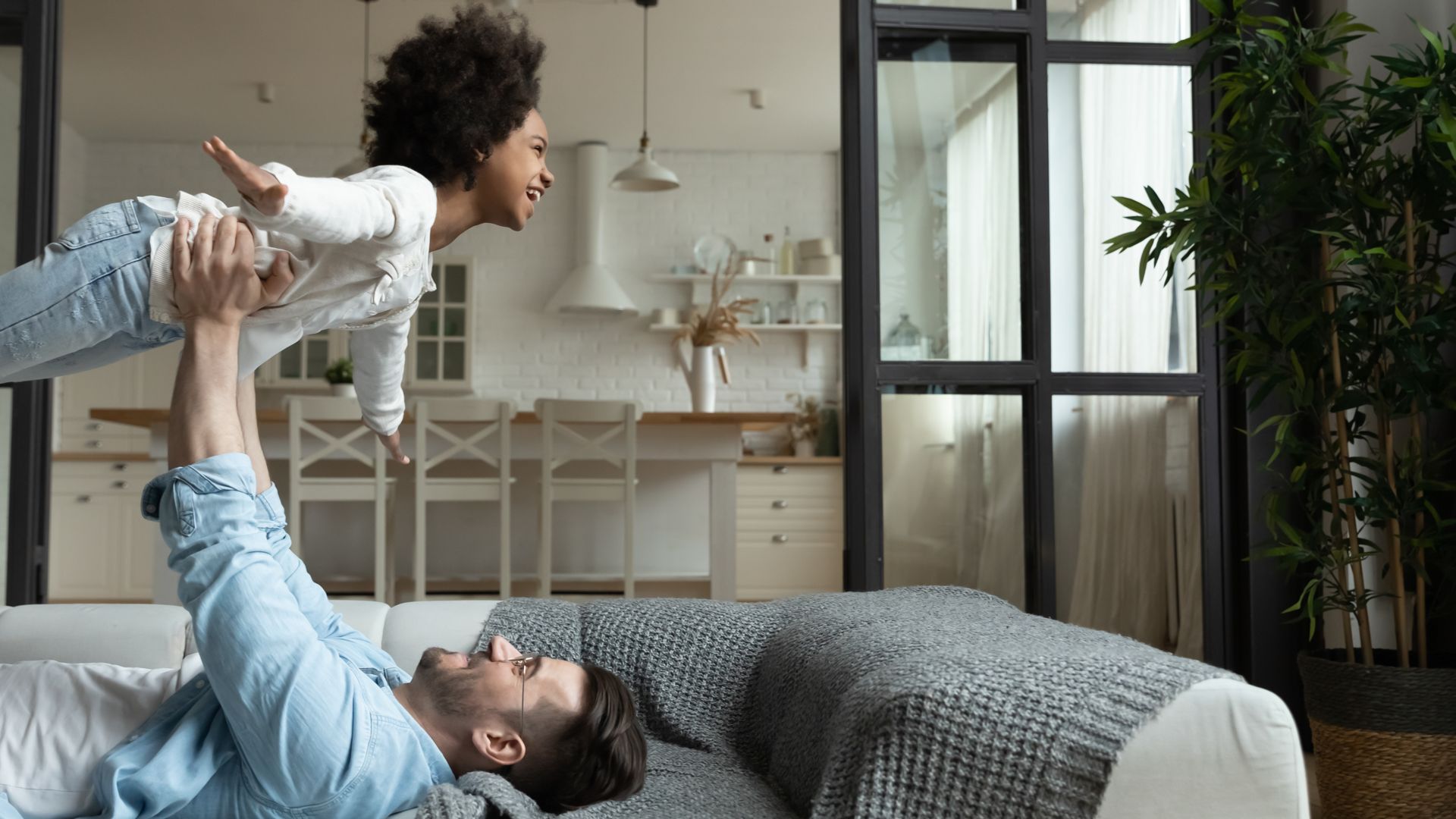Are you a homeowner who loves your furry friend and is considering installing a doggy door for convenience? While allowing your pet easy access to the outdoors sounds appealing, many pet owners wonder about the potential impact on their energy bills. Below, our HVAC, plumbing, and electrical specialists at Reliable Home Comfort will explain whether installing a doggy door affects your home's energy efficiency.
Understanding the Relationship Between Energy Efficiency and Doggy Doors
Energy efficiency in homes is crucial for maintaining a comfortable indoor environment and managing utility costs. Insulation plays a significant role in this, as it helps keep the desired temperature within your home by preventing heat loss in winter and heat gain in summer.
Doggy doors, while convenient, can create an opening that may affect your home's insulation. Traditional doggy doors without proper seals can allow drafts, leading to increased energy usage to maintain indoor temperatures. This can be particularly problematic in extreme weather conditions, where heating or cooling systems need to work harder to compensate for the temperature fluctuations caused by the doggy door.
Recent advancements have introduced energy-efficient doggy doors designed to minimize heat loss and drafts. These doors often feature magnetic seals, double flaps, or insulated panels that help reduce energy leakage. Understanding the relationship between insulation and doggy doors is essential for making an informed decision about whether to install one.
Factors to Consider Before Installing a Doggy Door
Before installing a doggy door, it's vital to consider several factors that can influence its impact on your home's energy efficiency. The type of doggy door you choose can significantly affect energy savings. Standard single-flap doors may be prone to drafts, while double-flap or magnetic-seal doors offer better insulation. Additionally, electronic doggy doors that only open when activated by a pet's collar can further enhance energy efficiency by minimizing unnecessary openings.
Sizing and placement are also crucial considerations. A doggy door that's too large for your pet can lead to greater heat loss or gain. Furthermore, the location of the door can affect its efficiency. Installing the door on a less exposed side of your home can minimize its impact on your energy bill. Ensuring a snug fit during installation and sealing any gaps around the door frame can also help maintain energy efficiency.
Evaluating these factors before installation allows you to choose a doggy door that best suits your needs while minimizing its effect on your energy bill.
Mitigating the Energy Impact of Doggy Doors
If you're concerned about the potential energy impact of installing a doggy door, there are several steps you can take to maintain energy efficiency. First, invest in a high-quality, energy-efficient doggy door with features like double flaps, magnetic seals, or insulated panels. These doors are designed to reduce drafts and heat transfer, helping to keep your home comfortable.
Regular maintenance is also essential. Check the door periodically for any damage or wear and tear that could compromise its insulation properties. Ensure that the flaps or panels close securely and replace any worn-out components promptly.
Additionally, consider adding a weather-resistant cover to the exterior of the doggy door. This can provide an extra layer of insulation and protect the door from harsh weather conditions. Using draft stoppers or door seals around the frame can help further reduce energy loss.
By implementing these tips, you can enjoy the convenience of a doggy door without significantly impacting your energy bill.
For homeowners and pet owners, the decision to install a doggy door should be informed by a thorough understanding of its pros and cons. If you're ready to make the leap, explore available options and prioritize energy-efficient designs.
To learn about the ways our HVAC, plumbing, and electrical maintenance and repair team at Reliable Home Comfort can help you make your home more energy efficient, give us a call at (562) 543-5987 or reach out to us online today.

